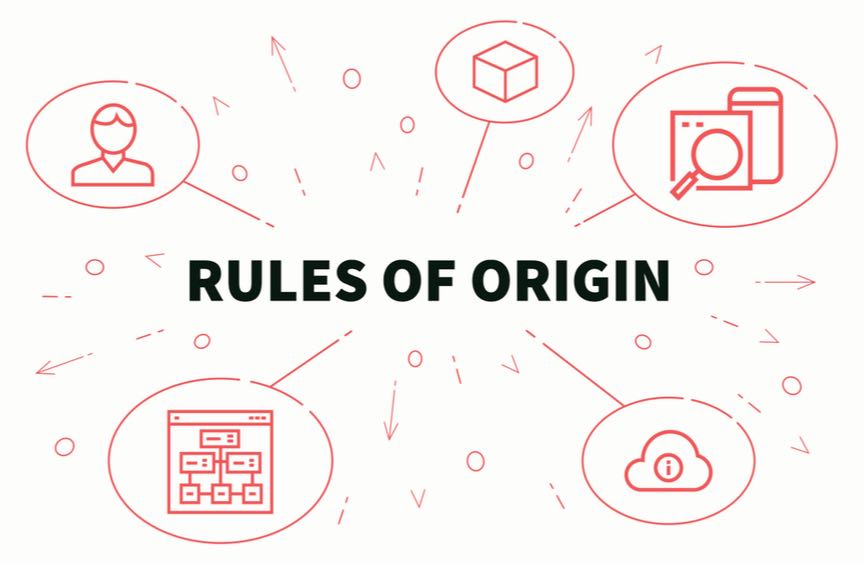
If you only trade within the UK and Europe, Rules of Origin will not have concerned you. Brexit could make these Rules become a serious concern to you.
The World Trade Organisation defines the Rules of Origin as: “the criteria needed to determine the national source of a product. Their importance is derived from the fact that duties and restrictions in several cases depend upon the source of imports.”
If the UK exits the EU without a Withdrawal Agreement and a Transition Agreement, it is likely that anyone exporting goods into the EU will need to comply with Rules of Origin and prove the origin of the various components in their product. This is particularly complicated if your components are manufactured in more than one country.
There are two types of origin classification. Preferential origin is where the UK has a trade deal with another trading bloc and UK exporters have to prove that their product or services were wholly manufactured in the UK and do not require additional tariffs. Non-preferential origin is where the UK does not have a trade deal with another trading bloc and it has to identify where each component part of its product or service originates from, so that tariffs can potentially be applied and so that checks can be done to see that local rules and regulations are being complied with.
The official WTO guidance for exporters is as follows:
“The exporter should confirm what type of origin certificate is required or permissible under the trade agreement they plan to use. If a certificate of origin issued by a competent authority is required, the exporter needs to contact the responsible authority or organisation, complete the application form and provide the required supporting evidence and documentation. In many countries there is a fee for issuing an origin certificate.”
We don’t yet know which Rules of Origin classification will apply to trade between the UK and the EU, so you need to check which steps you will need to take for both instances. With all the prep work done, this could also be the spur you need to take the next step of trading outside the EU too. It’s not wasted homework, whatever happens.
Further information on complying with Rules of Origin can be found in the Ready for Brexit directory here.
If you have any further queries on Rules of Origin, please post your questions in the Ready for Brexit discussion forum.
Anna
Anna Tobin
Editor
Ready For Brexit








